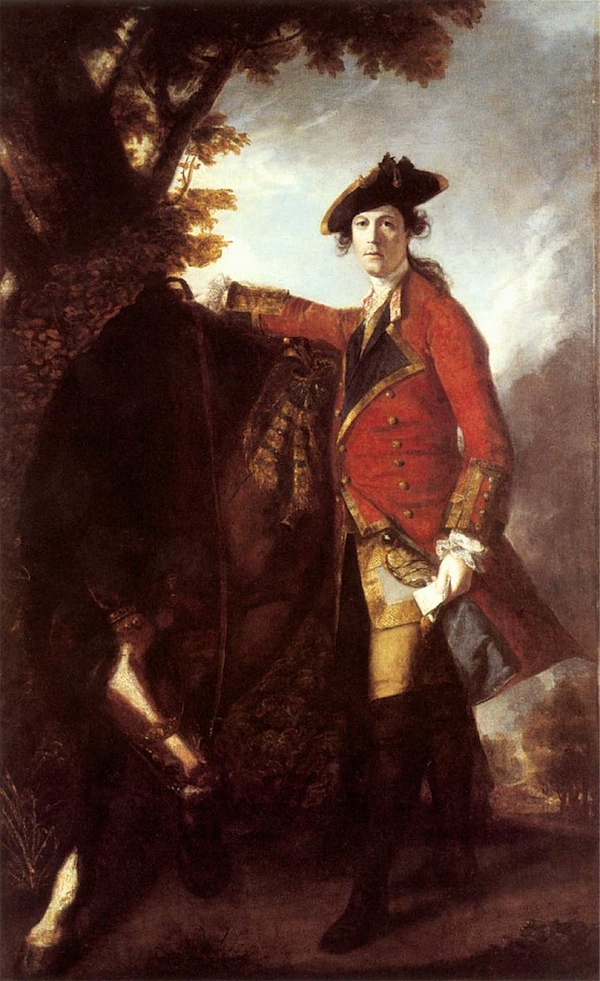
This disposition to admire, and almost to worship, the rich and the powerful, and to despise, or, at least, to neglect persons of poor and mean condition, though necessary both to establish and to maintain the distinction of ranks and the order of society, is, at the same time, the great and most universal cause of the corruption of our moral sentiments. That wealth and greatness are often regarded with the respect and admiration which are due only to wisdom and virtue; and that the contempt, of which vice and folly are the only proper objects, is often most unjustly bestowed upon poverty and weakness, has been the complaint of moralists in all ages.
—Adam Smith, The Theory of Moral Sentiments pt i, ch iii (1759).
Listen to the uncharacteristically dark, even demonic tones of Wolfgang Amadeus Mozart’s Piano Concerto No. 20 in D Minor (KV 466)(1785), performed and conducted by Friedrich Gulda with the Munich Philharmonic. Both Mozart’s father Leopold and his mentor Franz Joseph Haydn were present at the premier, which occurred in a popular Viennese gambling lounge. Both expressed astonishment at the turbulence, darkness and utter brilliance of the work, which in many ways presages Don Giovanni and the Requiem. It was the first concerto composed by Mozart in a minor key. Mozart, the most brilliant artistic figure of his age, lived his entire life from hand to mouth, and lived much of it in poverty. He died destitute and was buried in a potter’s field.


